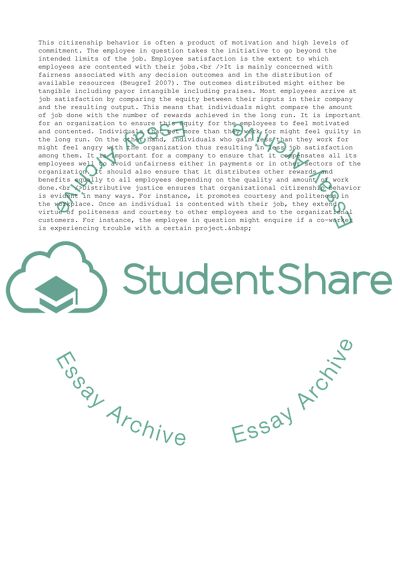Cite this document
(Main Concepts of Organisational Justice Coursework Example | Topics and Well Written Essays - 1500 words, n.d.)
Main Concepts of Organisational Justice Coursework Example | Topics and Well Written Essays - 1500 words. https://studentshare.org/management/1836740-organisational-justice
Main Concepts of Organisational Justice Coursework Example | Topics and Well Written Essays - 1500 words. https://studentshare.org/management/1836740-organisational-justice
(Main Concepts of Organisational Justice Coursework Example | Topics and Well Written Essays - 1500 Words)
Main Concepts of Organisational Justice Coursework Example | Topics and Well Written Essays - 1500 Words. https://studentshare.org/management/1836740-organisational-justice.
Main Concepts of Organisational Justice Coursework Example | Topics and Well Written Essays - 1500 Words. https://studentshare.org/management/1836740-organisational-justice.
“Main Concepts of Organisational Justice Coursework Example | Topics and Well Written Essays - 1500 Words”. https://studentshare.org/management/1836740-organisational-justice.


